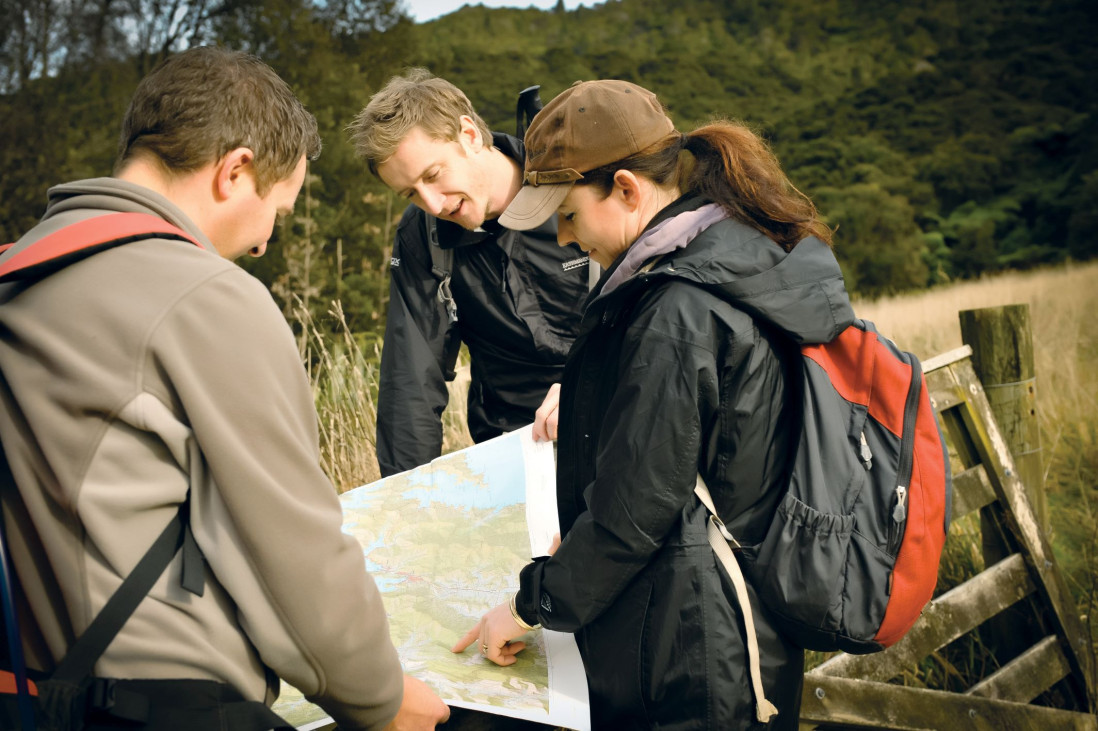We've got a wide range of programmes suitable for people working in te ahumahi ā-rēhia. Our learner advisors and programme managers come from these sectors themselves, so they understand the landscape that you’re operating in.
One of our advisors will sit down with you to figure out your skills and knowledge requirements, so that together we can create a customised learning strategy for you and your team. We put the learner at the centre of everything we do, so we will ensure that your staff members are actively involved in determining the right education options to meet their needs.
Understanding work-based learning

Supporting work-based learning and assessment for career advancement
At Te Mahi Ako, we are dedicated to providing comprehensive support for work-based learning and assessment. Our programmes are designed to help individuals advance their careers in the recreation, leisure, and entertainment sectors.
- Flexible learning options to suit your schedule and goals
- Expert guidance and support every step of the way.
Before you start
For work-based learning to succeed, both the organisation and the learner have to be fully on board with the process. It takes time, resources and encouragement to support staff completing learning programmes. A learner advisor will go over the expectations with you and your staff member prior to enrolment, so that everybody understands what’s required.
We will also ensure that there is an assessor in place for your learner. This could be someone within your organisation who can become a registered Te Mahi Ako assessor, or one of our team of external assessors.
Learning on the job
Learning on the job is an integral part of working. It includes:
- Being empowered to gain new knowledge
- Finding things out for oneself
- Learning the skills for doing the job
- Interacting with others
A Te Mahi Ako learning programme might also comprise other types of learning, such as attending workshops, wānanga, events or other off-site learning opportunities.
Evidence verification
What is evidence verification?
Evidence verification is a vital part of the overall assessment process. Evidence verifiers will usually work closely with learners (e.g., as their supervisor, trainer, or manager) to observe, record and verify evidence for a learner’s assessment. This gives the evidence verifier the opportunity to observe the learner and record naturally occurring evidence over a period.
Assessors utilise evidence verifiers to confirm authenticity of learner evidence and to ensure that the learner’s practice is in accordance with workplace policies and procedures.
Becoming an evidence verifier
Te Mahi Ako offers a free, self-paced, short course for those seeking to be successful evidence verifiers to support learners in their workplace. This course will guide evidence verifiers to better understand their role and responsibilities in verifying evidence.
For more information on evidence verification and signing up to our evidence verification course please click here.
Assessment
Assessment is critical to the work-based learning process. It usually occurs while the staff member carries out their normal daily tasks, over the duration of the programme. This allows them to get regular feedback on performance and builds a culture of continual improvement.
Assessment allows the learner to demonstrate or provide evidence that they’ve mastered the skills and knowledge required in their programme. Evidence can be gathered by observing the learner in person, or via videos, documents, records or written work.
The assessor’s role is to consider the evidence submitted and provide feedback, make assessment decisions, and report credits when the learner has met the standard. Assessment is a big job and requires the support of lots of people. Helping you to put good assessment systems in place is part of what we do.
